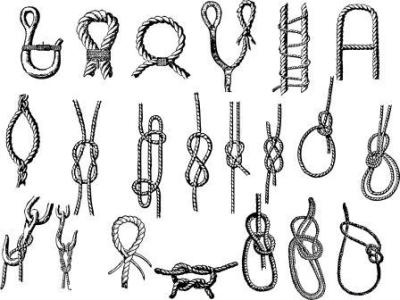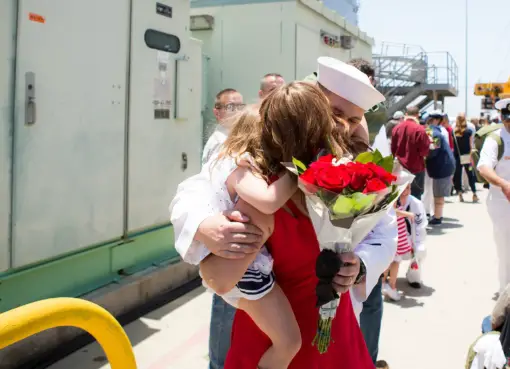The Sailors Then, The Sailors Now
Having started a career post the ISM phase back in 2003, when things were getting a bit different was very much a world apart than what the present day and age of sailing demands. Back in the day when I used to speak to sailors onboard who were with me and started sailing even before I was born they used to say something different which at that immature age of mine did not make a lot of sense but thinking of it on a broader aspect, NOW, yes it does. If posed with a question ‘where do you work? They replied “ we sail on ships “ today we reply when posed with the same question: ” We work on board “. Both the meanings are a world apart, sailing is attributed more to a hobby and a sport when you sail on sailboats and pleasure crafts and you enjoy doing the same. Working on board means that it’s a job that we have to do and get paid for it. When you say you sail, means you enjoy doing it, but not all of us enjoy working the way we do,
now do we ?
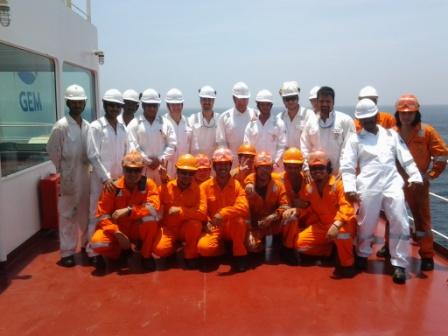
Ships were made of wood and men were made of Steel
So what’s changed in our maritime industry over the years and if it has changed has it changed for the good or for the worse.? Earlier Seasoned Sailors said “ Ships were made of wood and men were made of Steel “
today 2019 it’s vice versa. At least our mettle and mind are definitely made of wood and porous, as resilience is just a virtue now. But if everyone is going the same way, is it that all of us have a problem or are we getting tuned to work as the system now demands us to. CHANGE is a constant and with every other industry and changing time our maritime industry too has to follow suit. But the new rules and regulations and the ever-mounting paperwork that comes along with it just mentally drain out a lot of us on board. The industry policymakers somehow have this notion that “more paperwork means more efficiency” and safer ships. While the fact of the matter is that the truth is far from it. Today we all will flatly deny it but we are flogging entries and falsifying paperwork just to be on track, or else the remarks and observations that are logged down are too difficult to answer.
Difficult to comply with regulations with just 2 junior officers
A classic example of this is the work and rest hours regulation, which is at most places a façade over what is actually happening. With certain ships and their trade pattern of multiple ports operations with just 2 junior officers gets very difficult to comply with regulations. To add to that if there are commercial needs on the passage like on tankers, tank cleaning/inerting/Ballast water exchange, pre-arrival documentation, it just adds to it. Companies are very reluctant today to send an additional hand as it comes with a cost, which they cannot afford on a tight budget. But at the month end no matter what rest hour violations cannot go above 2 /month. Can this be achievable? Another beautiful tool that some industry stalwarts have come up with is called a RISK ASSESSMENT. Which is a double edged sword. Every job no matter how critical or routine suddenly becomes safe and permissible after an RA is done. Some Oil majors will even go to an additional extent of making an initial RAss and then a detailed RAss for the job. And above all this being done and after getting the office approval, if any incident of accident occurs “God Bless you” with the investigations, reports, and root cause analysis that will follow. The risk determination matrix level has also changed now from a simple 3x 3 matrix to 5 x 3 . Often a RAss is looked upon as a tool to bypass safety and get the job done , as eventually if something has to go wrong the people on board can be easily blamed as they did not have proper control measures to mitigate the risk.
Do we really have the time?
All this has boiled down to some simple facts which directly effects the on board performance. Today a lot of emphases is being relied on mentoring and training of the crew and juniors. But this will all be possible only if we get some free time of the paperwork, reports and unending documentation required. We definitely love to train our juniors as it helps us also refresh our memory and go back to our own
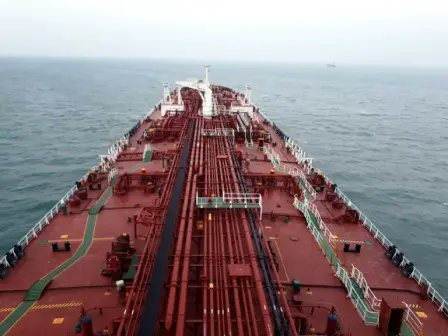
So what then is the solution to all this?
One can speculate and ponder as much as they wish, but the fact of the matter lies that we all live with the calculated risk that “ if it ain’t broken, then don’t fix it “. We thank the heavens that our short 4-6 month contracts go by well and we go home safely. Reducing paperwork or pointing out in management reviews or Tenure end masters reviews is always not taken in good light , as the many intellectual think tanks sitting in our offices feel we want to shun work. To add to it inspectors and auditors to an extent get so unrealistic with their demands for record keeping that its oftentimes difficult to reduce the administrative work. I don’t know if this article will strike the right chords with many people, but I guess in freedom of thought and speech we must all be mature enough to accept another person’s point of view. If we can reduce absolutely unimportant paperwork by even 2 % , which will give us even 2-3 hours more a week to impart training and engagement tools , Videotel programmes, sharing and discussing company bulletins and MARS incidents, actually having the presence of our junior officers & Cadets during important tasks such as tank cleaning , BWEx , critical and challenging areas of navigation such as Singapore straits, English Channel areas, that will be more helpful for them too in gaining knowledge and building their own self confidence. If this be the case then, I guess we can all take pride in raising a generation of more competitive, professional and up to the mark seafarers, who really love what they do and do what they love and if posed with the same question with which we started in this article, we all can reply “ I’m a seafarer and I sail on board ”.
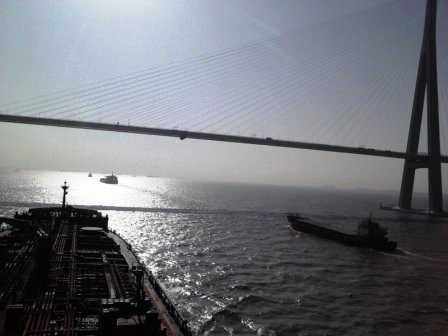
Credit: Eldren Goes


